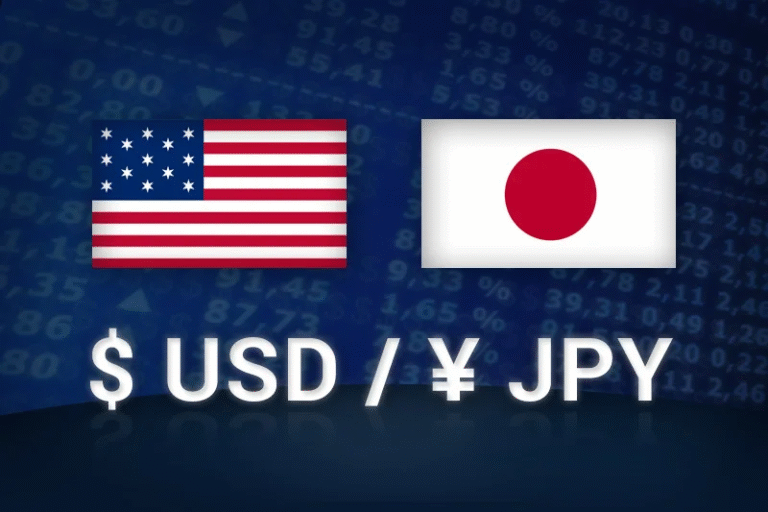Europe’s consecutive interest rate hikes and the divergence in monetary policies between Japan and Europe have led to the appreciation of the yen crosses.
During the early London session, the yen weakened as the dominant force in the yen crosses. On this day, the monetary policies of various European central banks are being announced. However, prior to these announcements, the Swiss National Bank (SNB) announced a 25 basis point interest rate hike, and the Norges Bank (Norwegian central bank) announced a 50 basis point interest rate hike. Both central banks also mentioned the possibility of further rate hikes in the future. On the other hand, the Bank of Japan (BOJ) has been persistently implementing large-scale easing measures, widening the gap in monetary policy stances between Japan and Europe. The Swiss yen was bought up to the 159.20 level just before the announcements, reaching its highest level since the transition to a floating exchange rate system in 1973. The Norwegian Krone yen rose from around 13.30 to 13.536 yen, setting a new year-to-date high.
As for the pound, which is awaiting the announcement of the Monetary Policy Committee (MPC) later in the day, the pound yen is being bought. It extended today’s high to around 181.46, breaking out of the consolidation phase in the mid-180 yen range. The Bank of England (BOE) is seen as likely to raise rates by 25 basis points, but there are also some speculations of a 50 basis point hike in response to persistent inflationary pressures seen in the recent UK CPI data. The euro yen is trading above the psychologically significant level of 156 yen, reaching its highest level since the Lehman Shock in September 2008.
Attention is once again focused on interest rate differentials, and it appears that the yen is being sold off. Today’s plan is to aim for selling the Japanese yen.


